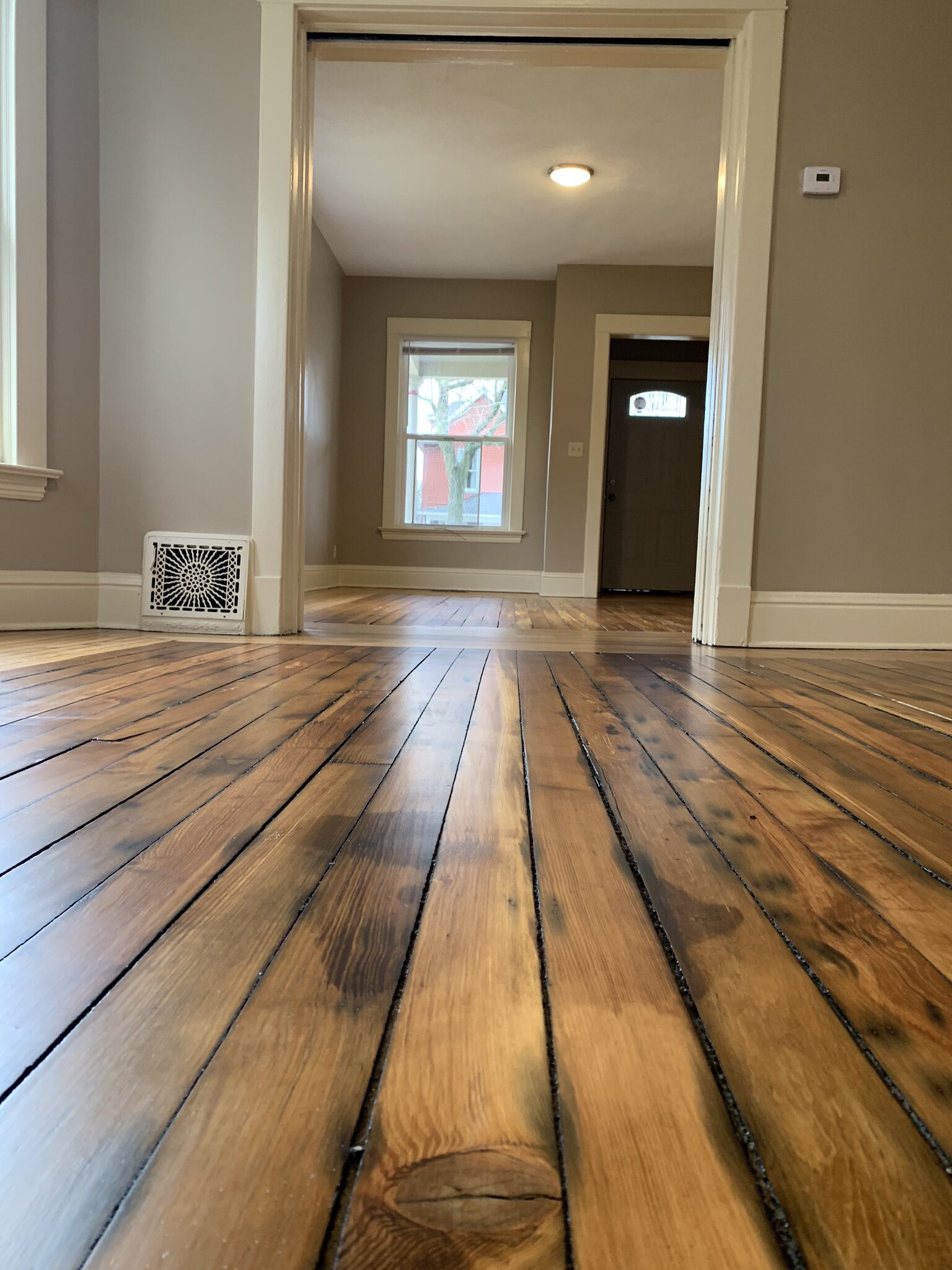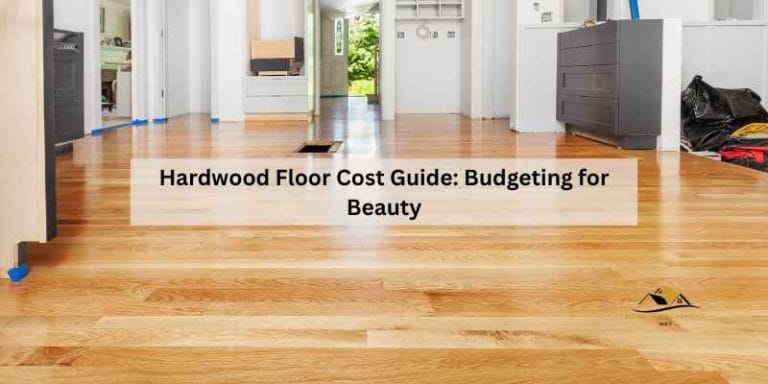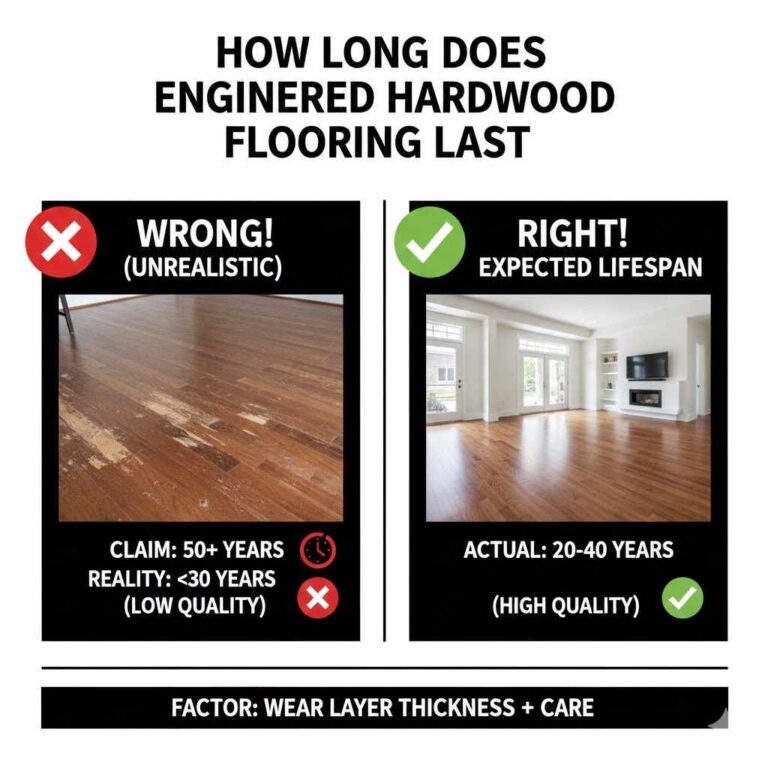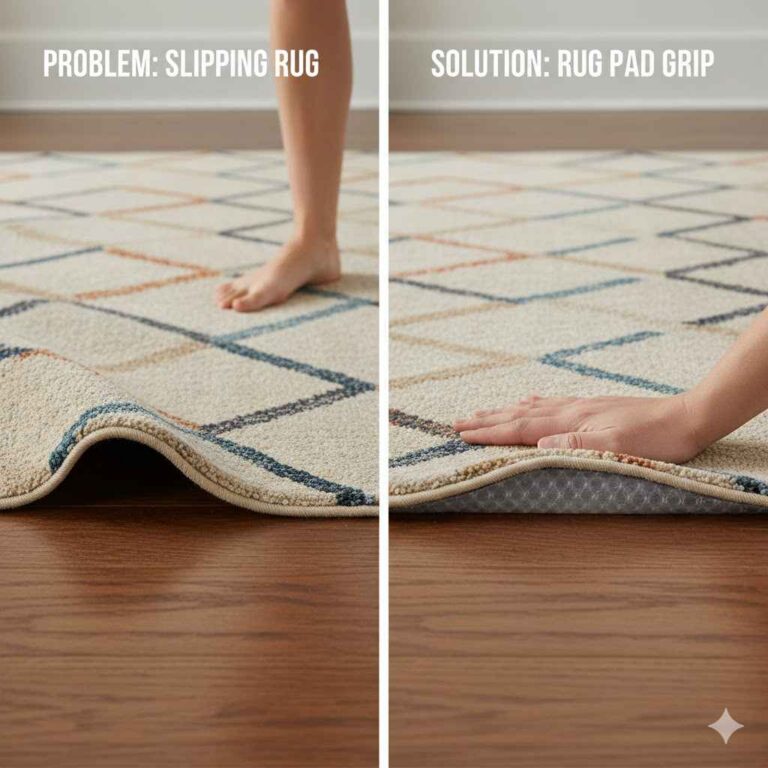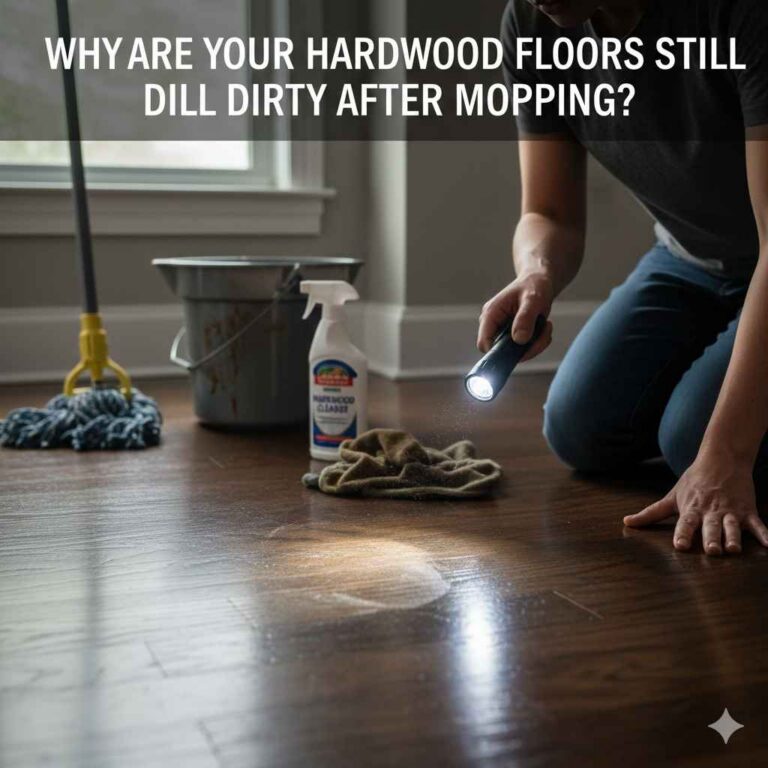Is Hardwood Flooring Expensive?: Discover the True Costs
Is hardwood flooring expensive? The short answer is: it can be.
Hardwood flooring often comes with a higher price tag compared to other flooring options. But why is that the case, and is it worth the investment? Hardwood flooring is known for its durability, timeless look, and added value to homes.
The cost can vary based on the type of wood, quality, and installation process. While the initial expense might seem high, the long-term benefits often outweigh the costs. Hardwood floors can last for decades, making them a worthwhile investment. In this blog post, we’ll explore the factors that influence the price of hardwood flooring. We’ll also discuss whether the benefits justify the expense, helping you make an informed decision for your home.

Credit: www.fixr.com
Introduction To Hardwood Flooring
Hardwood flooring is loved for its natural beauty. It adds a warm feel to any room. The durability of hardwood makes it a long-lasting choice. Many people prefer it because it can be refinished. This means it can look new again after years of use. Easy maintenance is another big reason. Spills and dirt can be cleaned quickly. Hardwood is also a good investment. It can increase the value of your home.
Hardwood flooring is popular because it fits any style. It looks great in modern and classic homes. The variety of wood types offers many choices. Oak, maple, and cherry are just a few options. Each type has its own unique look. People love the rich colors and patterns of hardwood. It never goes out of style. The natural look of wood brings a piece of nature into your home. This makes it a favorite for many homeowners.
Types Of Hardwood Flooring
Solid hardwood is made from a single piece of wood. It is very strong and can last for many years. Solid hardwood can be sanded and refinished multiple times. This makes it a good choice for long-term use. Many people love its natural look and feel. It can be more expensive than other types of flooring.
Engineered hardwood has multiple layers. The top layer is real wood. The bottom layers are plywood or high-density fiberboard. This makes it more stable than solid hardwood. It is less likely to warp with moisture changes. Engineered hardwood is often less expensive than solid hardwood. It can be a good choice for areas with high humidity.
Factors Affecting Costs
Wood species impact the cost of hardwood flooring. Oak and maple are cheaper. Exotic woods like mahogany cost more. Harder woods usually cost more.
The quality and grade of wood also matter. Clear grade wood has fewer knots. It costs more. Select grade has some knots and costs less. Common grade has many knots. It is the cheapest.
Installation Costs
DIY installation can save money. It requires time and effort. You need to learn the steps. Professional installation costs more. It saves time and ensures quality. Professionals have experience and tools. They can handle unexpected issues. DIY can be risky. Mistakes may cost more in the long run.
Installing hardwood needs specific tools. Basic tools include a saw, hammer, and nails. You also need a measuring tape. Sandpaper is important for finishing. Professional installers have advanced tools. They use nail guns and power saws. This makes the job faster. Proper tools ensure a clean finish. Quality materials are also vital. Choose good wood and nails. This will affect the floor’s durability.
Maintenance And Longevity
Hardwood floors need regular cleaning. Sweep them daily to remove dirt. Use a damp mop for deeper cleaning. Avoid wet mops. Water can damage wood. Use a cleaner made for wood floors. This keeps them shiny and clean. Place mats at doors to catch dirt. This helps maintain the floor’s beauty.
Hardwood floors can get scratched. Repairing small scratches is easy. Use a wood filler or marker. Bigger scratches may need sanding. Refinishing the floor is sometimes needed. This makes it look new again. Refinishing can be done every few years. Proper care extends the floor’s life.
:max_bytes(150000):strip_icc()/installing-hardwood-floor-170040982-582b748c5f9b58d5b17d0c58.jpg)
Credit: www.thespruce.com
Comparing Costs With Alternatives
Laminate flooring is often cheaper than hardwood. It looks like wood but costs less. Installation is also easier. This saves money on labor. Laminate is durable and resists scratches. It is also easy to clean.
Vinyl flooring is another affordable choice. It is waterproof and good for kitchens. Vinyl can look like wood or stone. It is soft underfoot and warm in winter. Vinyl is easy to install. This lowers the cost even more.
Long-term Investment
Hardwood floors often increase a home’s resale value. Many buyers prefer the look of wood floors. They see it as a sign of quality. Houses with hardwood floors sell faster. They can also sell for more money. Investing in hardwood can be a smart choice.
Hardwood floors are very durable. They can last for many years. Some hardwood floors can last over 100 years. They can handle heavy foot traffic. Scratches can be sanded out. This makes them look new again. With proper care, hardwood floors stay beautiful. This long lifespan makes them a good investment.
Tips For Budget-friendly Hardwood
Start with engineered hardwood. It looks like solid wood but costs less. Consider less popular wood species like birch or hickory. These can be cheaper than oak or maple. Check for narrow planks. They often come at a lower price. Think about prefinished wood. It saves on installation costs.
Keep an eye on seasonal sales. Stores often offer discounts during holidays. Visit local lumberyards. They may have leftover stock at a discount. Look for online deals. Many websites offer lower prices. Consider buying in bulk. This can reduce the cost per square foot. Always compare prices before making a purchase.
.png)
Credit: www.remlandcarpets.co.uk
Frequently Asked Questions
How Much Does Hardwood Flooring Cost?
The cost of hardwood flooring varies. It ranges from $6 to $12 per square foot. Installation costs add more.
Is Hardwood Flooring Worth The Investment?
Yes, hardwood flooring increases home value. It is durable, long-lasting, and aesthetically pleasing. It is a good investment.
How Long Does Hardwood Flooring Last?
Hardwood flooring can last a lifetime. With proper care and maintenance, it can last 50 years or more.
What Affects The Cost Of Hardwood Flooring?
Several factors influence the cost. Wood type, quality, installation, and location all affect the final price.
Conclusion
Hardwood flooring offers great value for its durability and timeless appeal. While the initial cost may seem high, the long-term benefits are undeniable. It enhances the beauty of your home and can increase property value. You also save on frequent replacements.
Choose hardwood for a lasting investment. Consider your budget, compare options, and consult experts. Make an informed decision to enjoy the warmth and elegance of hardwood floors.

